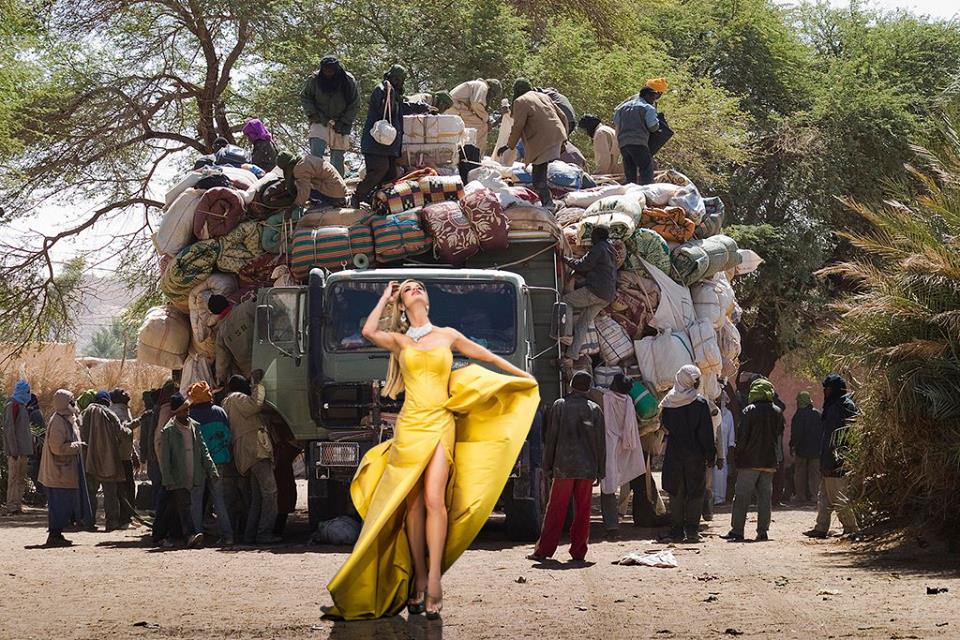It isn’t surprising that the World Cup in Qatar has turned out the be a scandal, what is surprising is that the real corruption has been exposed to the world so soon. The decision to award the 2022 World Cup to the rich Gulf state with a terrible human rights record was a controversial one. There have been extensive allegations of bribery: not shocking when the decision was to award the Cup to a tiny country with sweltering summer heat and no football culture or history.
On Wednesday seven senior officials were arrested in Zuric following a long-running FBI investigation. The charges against the senior FIFA officials include money laundering, racketeering, bribery and fraud.
On the surface, it’s just another white collar crime story: rich, powerful men making themselves richer and more powerful. But a closer look suggests that there is a lot of real-world suffering and misery happening as a direct result of FIFA executive malfeasance. There are about 400,000 Nepalese workers in Qatar among the 1.4 million migrants working on a £137bn construction spree in the tiny Gulf state. Many travel to Doha having borrowed money from unscrupulous recruitment agencies, only to find the wages and conditions on offer differ significantly from what they were promised.
Workers are allegedly lured to the country by false promises of high salaries and then become trapped after employers take their passports. Under feudal kafala law, employees are bonded to employers and not allowed to quit or leave the country without their employer’s permission. Nepalese workers weren’t allowed to leave the country for family funerals after the earthquake.
An investigation by the Mirror found workers were subjected to appalling working conditions in the cripplingly hot temeratures, including being beaten and paid just 57p an hour, which can be withheld for months at a time. A total of 1,200 migrant workers have died so far in construction since the 2022 Qatar World Cup was awarded. Dying at a rate of one every two days.
Rather than scrapping the exit visa system, which in effect allows employers to stop their charges leaving the country without permission, Qatar proposed a complex procedure that still allowed employers to raise objections.
Fifa’s president Sepp Blatter, a Swiss football administrator has today been re-elected for the fifth time despite the arrests of 7 Fifa officials on corruption charges. Sepp was not charged and claimed he can not be held responsible for the misdeeds of others within the organisation he has controlled for the better part of two decade.
Despite the scandalous and shocking result of the election, due to the system on voting, the outcome is not surprising. Each footballing country is given one vote, making Europe just a small percentage compared to the rest of the world, particularly in continents such as Africa and Asia in which Blatter is very popular. Seb Blatter gained 133 votes to Price Ali’s 93. His re-election was welcomed by next World Cup hosts Russia.
Visa and other key sponsors of FIFA have threatened to pull out if issues are not resolved. McDonald’s, Coco-Cola and Adidas have all issued statements calling for Fifa to take steps to win back trust.
But now back with power, Sepp Blatter has downplayed FIFA’s scandals, Meanwhile, Swiss authorities have launched a separate criminal investigation into the awarding of the 2018 and 2022 World Cup tournaments to Russia and Qatar. European football associations will meet at next week’s Champions League final in Berlin to discuss their next move.
Europe’s seat at today’s meeting of Fifa’s powerful executive committee was empty, as newly appointed representative David Gill confirmed he would not take up his post following Mr Blatter’s re-election.




